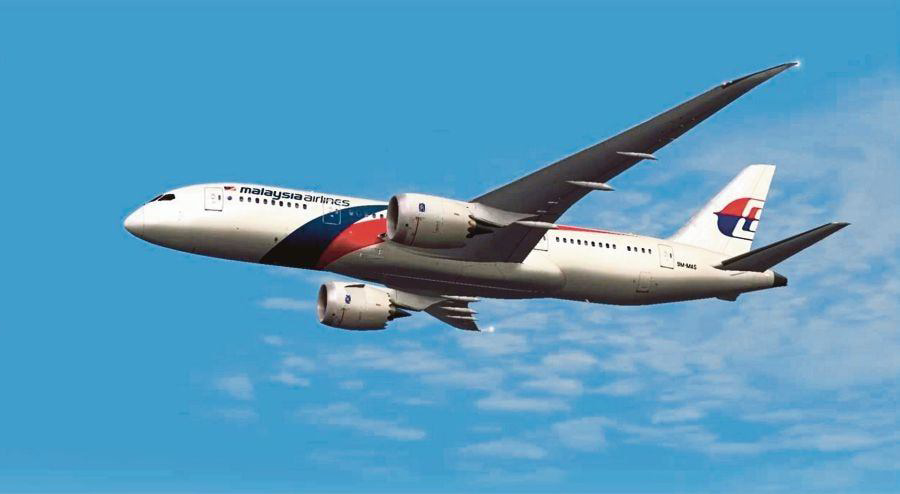NETIZENS have taken to social media over the past weeks regarding the recent investments announced during Prime Minister Datuk Seri Najib Razak’s visit to the White House, Washington DC. The comments were rife with criticism. They sought to appeal to sentiment rather than logic.
Investments, whether outward or inward, are not out of the ordinary in today’s economically interconnected world. With regards to Malaysia, we have been a net exporter of capital since 2007. In fact, as of December last year, Malaysia’s Direct Investment Abroad (DIA) totalled RM569.4 billion as compared with Foreign Direct Investment (FDI) in Malaysia which totalled RM545.6 billion.
Decisions to invest abroad, or to receive investments, are rarely, if ever, made with ulterior motives. While making it uninteresting to most, the day-to- day reality is that these investments are made with little other interest than financial considerations.
The sentiment played on was why Malaysia, a developing country, is investing in the vastly more developed United States.
Many had harped on how the investments were announced. Particularly, on how it was phrased in terms of Malaysia helping to strengthen the US economy. It is well-known by now that President Donald Trump had campaigned to “Make America Great Again”, and among his key campaign themes were to bring investments into the US, and to uplift the US economy.
With this in mind, the fact that Najib had announced the investments couched in terms of helping the US economy could be seen as nothing more than skilful statecraft, calculated wordplay — an attempt to “speak the same language” as the US president.
If ultimately this proves to be successful, it would go some way in improving the rapport and personal relations between the two leaders, and by extension, the bilateral relations between Malaysia and the US.
The announced planned investment by the Employees Provident Fund (EPF) in the US is not out of the ordinary.
Besides, the decision to invest in the US, one of, if not the most mature economies in the world, is in line with EPF’s mandate to seek the most optimum returns for its 6.83 million members.
Besides providing the advantage of diversification, EPF’s overseas investment has achieved 11.10 per cent per year returns, outperforming its domestic investments. Moreover, despite only making up
29 per cent of EPF’s total investment assets, overseas investments contributed to 32.5 per cent to the total investment income (as of the second quarter this year).
What all of this means is that although the investments are made overseas, it will ultimately only benefit the EPF members themselves.
On the announced decision in the White House that Malaysia Airlines Bhd will purchase eight wide- bodied Boeing 787-9 and eight Boeing 737 aircraft, the decision would presumably have been made based on input provided by Malaysia Airlines to the prime minister.
While there was initial confusion over whether the airline would purchase outright the aircraft, it has been clarified by its chief executive officer, Peter Bellew, that global leasing firms and lenders would purchase the aircraft before leasing them to MAB on an operating sale and leaseback agreement.
By claiming that the aircraft are unnecessary for MAB would be tantamount to undermining the careful due diligence work that MAB has done. Despite the fact that Malaysia Airlines is a government-linked company, the decision to lease the aircraft was neither made overnight, nor by Najib unilaterally.
Instead, by opting for those specific aircraft, the airline will be able to add capacity to its wide-body fleet, provide complete flexibility to manage market opportunities, and to provide a high quality of service on its most lucrative routes.
Ultimately for us, the decision to invest in a developed or less-developed economy depends largely on the expected return on investment.
In spite of the negative press coverage Trump has been attracting in recent months, we should not let it cloud our judgment.
Besides, business is business, after all.
As an aside, although President Trump is inward-looking when it comes to his economic policies as exemplified by the US withdrawal from the Trans-Pacific Partnership, it should not stop or limit us from pursuing alternatives to enhance trade relations with the US.
For example, in the recent visit to the White House, Najib had stated that Malaysia would be seeking to negotiate a bilateral trade agreement with the US.
For us to politicise and problematise our overseas investments would be to our own detriment.
In today’s increasingly interconnected world, and in our pursuit of developed nation status, Malaysia has to partake in the global economy.
We have to actively seek opportunities that might be available elsewhere that might not necessarily be present here.
Regardless of where we decide to invest in, if the investments are financially sound, the beneficiaries will still be Malaysians, ultimately.
This article first appeared in the New Straits Times on September 26, 2017.





